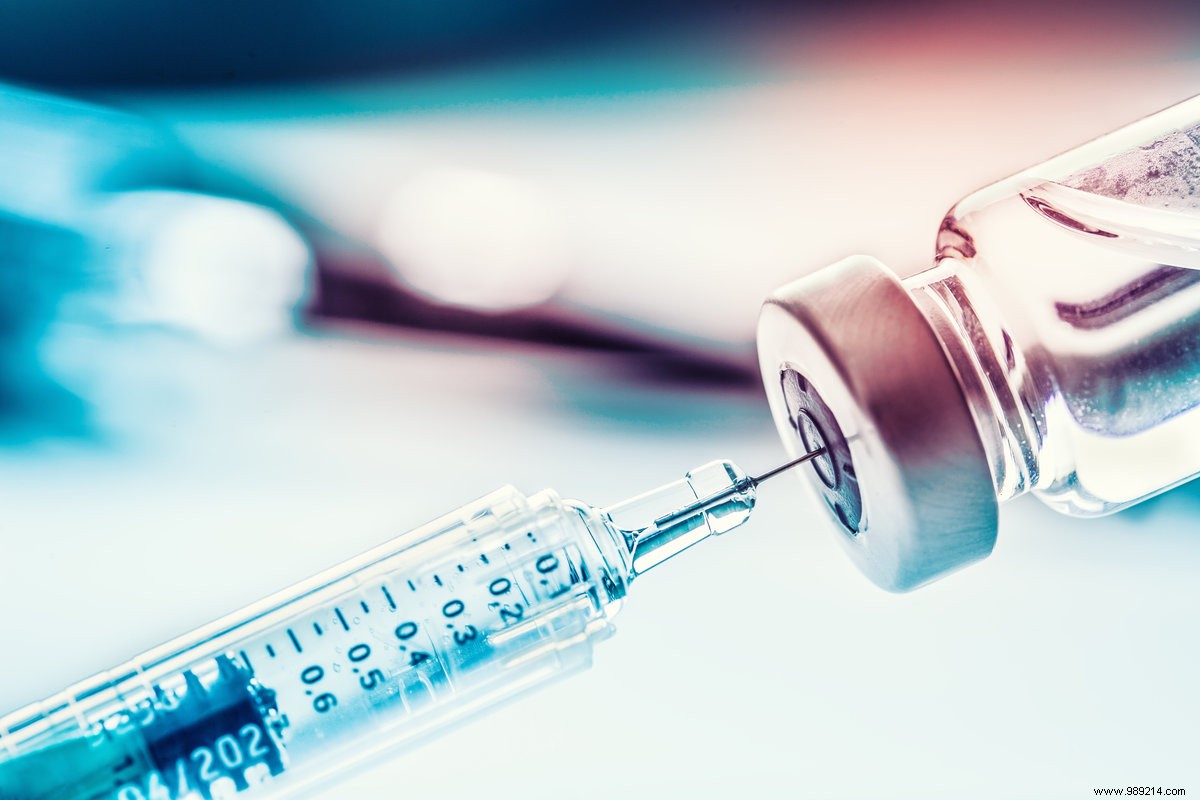Amnesty International's recent report shines a light on profound inequities in worldwide COVID-19 vaccine access. Wealthy nations, in collaboration with pharmaceutical giants, have monopolized supplies, fueling what the organization describes as an "unprecedented human rights crisis."
Data from Our World in Data shows that 43% of the global population has received at least one dose of a SARS-CoV-2 vaccine. Yet in the world's least affluent countries, that figure stands at just 2%. In a June 2021 Reuters article, Dr. John Nkengasong, head of the Africa CDC, emphasized Africa's urgent need for vaccines, noting the continent remains far from victory over the coronavirus. The COVAX initiative, designed to provide doses for at least 20% of each country's population, has fallen short.
The WHO urged countries to delay second and third doses to redirect supplies to poorer nations, but these efforts failed. In its September 22, 2021 report, Amnesty International labeled the situation an "unprecedented human rights crisis."

Amnesty points to both governments and vaccine makers as responsible. Manufacturers should have prioritized fair global distribution, ramped up production, and avoided favoring wealthy buyers for profit. Instead, Pfizer, Moderna, and Johnson & Johnson supplied more than half their doses to high-income countries—with AstraZeneca as a notable exception. Doses promised to low-income nations via COVAX won't arrive until 2022, potentially leading to further deadly outbreaks.
Compounding the issue, companies refused to share intellectual property, technology, or expertise. Such collaboration could have averted production and delivery bottlenecks. Scientific cooperation halted once commercialization began. Wealthy governments exacerbated this by securing nearly all available stocks.
To address these disparities, Amnesty urges delivering 2 billion doses to the poorest countries within the final 100 days of 2021. It calls for suspending intellectual property rights or issuing non-exclusive, open, global licenses; joining the C-TAP for COVID-19 technology access; adopting a fair pricing policy; and prioritizing vaccine access in the world's neediest regions.